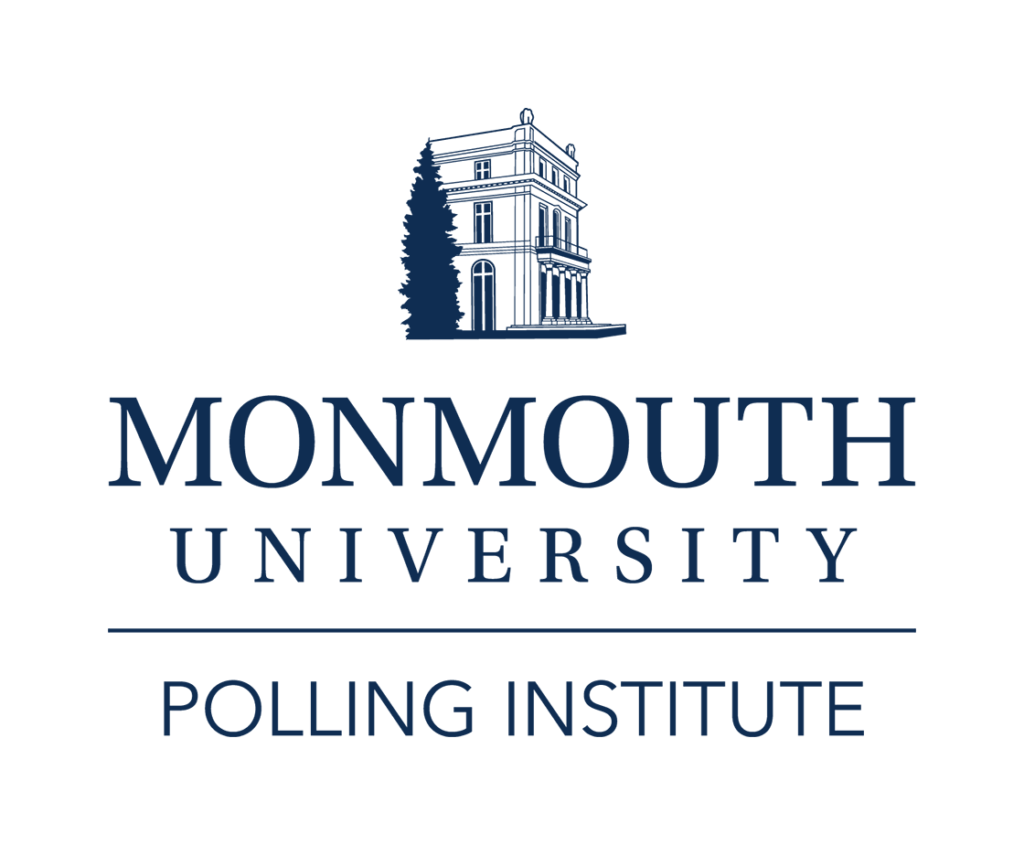The latest Monmouth University/New Jersey Monthly Poll finds that most New Jerseyans consider the development of high-tech industries to be important for both the state’s economy and residents’ quality of life. Many also see New Jersey as an innovative leader among the 50 states and most feel comfortable using new technology.
More than 4-in-5 New Jersey residents say that high-tech industries are important for the state. In fact, a majority of 52% say that having such industries has been very important for New Jersey’s economic health. Another 34% say it is somewhat important and only 7% say it is not important. Nearly identical percentages say the same about high-tech industry’s impact on the state’s daily quality of life – 52% very important, 34% somewhat important and 9% not important.
When asked to compare New Jersey to other states as a laboratory for technological innovation, 38% say New Jersey is home to more innovation than other states, compared to only 9% who say it has less innovation. Another 45% say New Jersey is about the same as other states. Interestingly, a majority (54%) of college graduates feel the Garden State fosters more technological innovation than do other states.
Overall, 14% of New Jersey adults report that they work in a high-tech industry or job and another 17% report that an immediate family member is involved in the technology sector.
“Many state leaders are worried that New Jersey, which gave birth to the light bulb, has been losing high-tech jobs,” remarked Patrick Murray, director of the Monmouth University Polling Institute. “State residents understand that this type of industry is not only important to the economic well-being of the state but to their own lives as well.”
Regardless of whether they work in high-tech or not, fully 71% of adult New Jerseyans say they like using computers and technology. Only 3% say they dislike technology and 24% have mixed feelings. Affinity for technology is up slightly when compared to a statewide poll conducted by Rutgers’ Eagleton Institute in 1999, which found then that 63% of adults in the state described themselves as liking computers and technology.
The poll also posed a head-to-head competition for the title of New Jersey’s all-time biggest brain, between inventor Thomas Edison and Princeton professor Albert Einstein. Based on the vote of state residents, the Wizard of Menlo Park nips by the Father of Relativity – 48% for Edison to 37% for Einstein. Other candidates garner 3% and 12% of those polled cannot choose.
This poll was conducted by the Monmouth University Polling Institute by telephone with 800 New Jersey adults July 16-19, 2007. The sample has a margin of error of ± 3.5 percent. These poll results are featured in the September 2007 issue of New Jersey Monthly magazine.
DATA TABLES
The questions referred to in this release are as follows:
(* Some columns may not add to 100% due to rounding.)
.Compared to other states, do you think New Jersey is currently home to more technological innovation, less innovation, or is it about the same as in most other states?
| TOTAL | FAMILY IN HI-TECH | REGION OF STATE | ||||||
| Yes | No | North | Central | South | ||||
| More innovation | 38% | 40% | 38% | 36% | 49% | 35% | ||
| Less innovation | 9% | 7% | 10% | 11% | 11% | 5% | ||
| About the same | 45% | 48% | 44% | 46% | 37% | 51% | ||
| (VOL) Don’t know | 8% | 5% | 8% | 7% | 4% | 9% | ||
| Unwtd N | 800 | 247 | 547 | 363 | 179 | 241 | ||
[NOTE: The following two questions were asked of half the sample:]
2A.How important has the development of high-tech industries been for New Jersey’s economic health – very, somewhat, not very, or not at all important?
| TOTAL | |||
| Very important | 52% | ||
| Somewhat important | 34% | ||
| Not very important | 4% | ||
| Not at all important | 3% | ||
| (VOL) Don’t know | 7% | ||
| Unwtd N | 392 | ||
2B.How important are New Jersey’s high-tech industries for improving the daily quality of life in the state – very, somewhat, not very, or not at all important?
| TOTAL | |||
| Very important | 52% | ||
| Somewhat important | 34% | ||
| Not very important | 5% | ||
| Not at all important | 4% | ||
| (VOL) Don’t know | 5% | ||
| Unwtd N | 408 | ||
3.How do you feel about computers and technology – do you like them, dislike them, or do you have mixed feelings about them?
| TOTAL | FAMILY IN HI-TECH | REGION OF STATE | ||||||
| Yes | No | North | Central | South | ||||
| Like them | 71% | 76% | 69% | 72% | 64% | 72% | ||
| Dislike them | 3% | 1% | 4% | 3% | 3% | 4% | ||
| Mixed feelings | 24% | 21% | 26% | 24% | 32% | 22% | ||
| (VOL) Don’t know | 2% | 2% | 2% | 2% | 1% | 2% | ||
| Unwtd N | 800 | 247 | 547 | 363 | 179 | 241 | ||
4.Do you or a member of your immediate family work in a high-tech industry or job?
| TOTAL | REGION OF STATE | |||||
| North | Central | South | ||||
| Self | 14% | 15% | 14% | 10% | ||
| Family member | 17% | 18% | 17% | 15% | ||
| No one in family | 70% | 66% | 69% | 74% | ||
| (VOL) Don’t know | 1% | 1% | 0% | 1% | ||
| Unwtd N | 800 | 363 | 179 | 241 | ||
5.New Jersey has been home to many scientific innovators. Who would you say is the state’s biggest brain of all time – Albert Einstein, Thomas Edison, or someone else?
| TOTAL | FAMILY IN HI-TECH | REGION OF STATE | ||||||
| Yes | No | North | Central | South | ||||
| Albert Einstein | 37% | 31% | 39% | 34% | 34% | 42% | ||
| Thomas Edison | 48% | 51% | 46% | 51% | 51% | 43% | ||
| Other | 3% | 3% | 4% | 3% | 5% | 3% | ||
| (VOL) Don’t know | 12% | 14% | 10% | 11% | 10% | 12% | ||
| Unwtd N | 800 | 247 | 547 | 363 | 179 | 241 | ||
Results for this poll are based on telephone interviews conducted by the Monmouth University Polling Institute on July 16-19, 2007 with a statewide random sample of 800 adult residents. For results based on the total sample, one can say with 95% confidence that the error attributable to sampling has a maximum margin of plus or minus 3.5 percentage points. Sampling error increases as the sample size decreases, so statements based on various population subgroups, such as separate figures reported by gender or party identification, are subject to more error than are statements based on the total sample. In addition to sampling error, one should bear in mind that question wording and practical difficulties in conducting surveys can introduce error or bias into the findings of opinion polls.
Click on pdf file link below for full methodology and results by key demographic groups.




